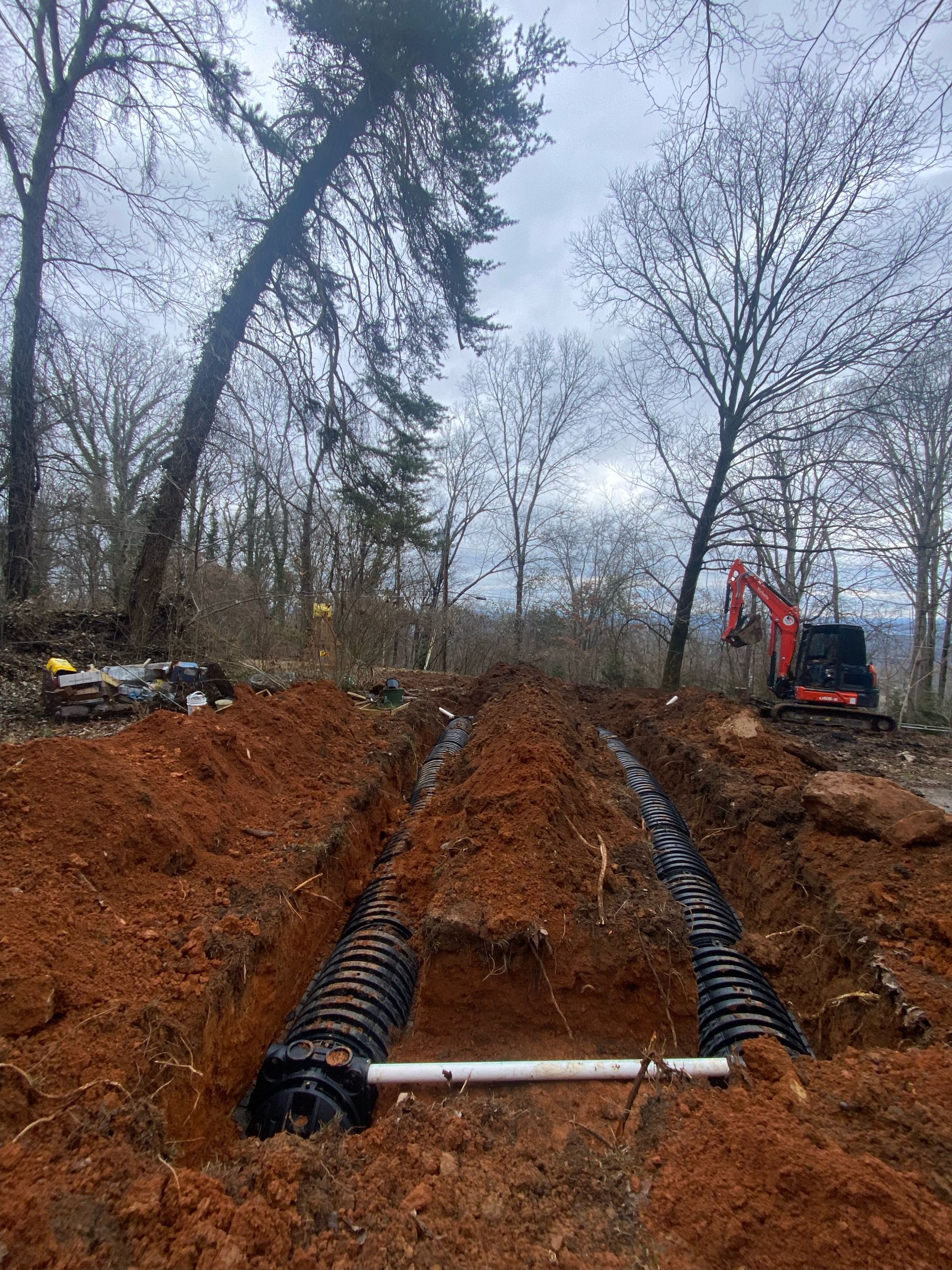The municipal wastewater system is used in many homes across the United States but approximately 20% of properties use septic systems to treat wastewater effectively and keep the environment safe and healthy. Septic systems can withstand the hustle and bustle of weather changes and can smoothly run for at least 3 to 4 decades but it is only possible if they are well maintained and taken care of.
It isn't just about installing a tank and then leaving it to the mercy of nature; it requires regular inspections, cleaning, and pumping out of the tanks. Do you know how much it costs to replace a septic tank? From $3,000 to $7,000 is the normal cost for getting a new one. Quite a big amount, right? If you don't want to spend that much money then regularly maintain septic systems.
Maintaining septic tanks isn't a complex task to achieve; you just have to understand how it works and what could potentially harm the system that is installed beneath the earth. Toilets, sinks, showers, garbage disposal, or dishwashers all go through your drain and eventually find their way into septic tanks. After that, the septic system starts its own work; it holds wastewater, separates the solid and liquid waste, and then sends out the liquids into a drain field.
The Flush Fellas
septic service Chattanooga TN will carry out the necessary maintenance activities to keep your septic system running efficiently. Continue reading this blog post to find out what are the things you should remember when maintaining septic tanks.
Have The System Inspected Regularly
The easiest way to know whether the septic tanks are in good condition or not is to hire a
septic service Chattanooga once a year if you suspect anything unusual e.g: clogs, slow drains, etc. A professional septic system inspector will take a look inside the tank and inspect its condition along with all the components of the sewer pipelines. But here's what you can do: Take a walk where the septic system is installed and watch areas around the tank where grass or plants are growing faster than other parts of the yard. This is a sign that your septic system is leaking wastewater and needs to be fixed. However, it isn't easy to know what's actually wrong with the tank itself, as it is installed underground. That's what professionals do, their job is to detect the real cause and fix it. However, you still have to check outside of the systems to ensure there aren't any problems disturbing the process.
Pump Out The Tanks Regularly
Pumping is one of the most important tasks that are needed for a septic tank to run properly and avoid any misfortunes. Pumping is a process that removes the accumulated solid and liquid waste that has been held in a tank for years. Septic tanks should be pumped out every 3 to 5 years depending on how many people live in your house and how much wastewater it produces daily. We know it is going to be a difficult task to complete; hire Chattanooga septic service to do the pumping for you. It costs $200 or even more depending on the size and where the septic system is located.
How often you pump depends on the amount of water use in your household or business. As a rule of thumb, the more people who use your septic system, the greater your water flow. This means your septic tank will fill up faster and will require more frequent pumping.
Garbage disposal is a great way to create less mess and make it easier to clean the kitchen but when it is not connected to the municipal wastewater system, these facilities increase the amount of solid waste that's going into a septic system, and therefore pumping needs more often than not.

Don't Overuse Your System
Putting too much burden on something isn't ideal, and the same goes for your septic system. When you're running a lot of water through it or using highly concentrated products such as bleaches, soaps, detergents, etc., the system needs more time to treat the wastewater which can increase the chances of failure. That's why it is recommended to use environmentally-friendly cleaning products that are not concentrated. Flushing items like cotton swabs, wet wipes, and even towels can block the drain pipes and clog up the whole system. It's best to avoid such practices as they can cause bigger problems later on.
Maintain Your Drain Field
The drain field plays a vital role in the septic system by dispersing the wastewater into the surrounding soil. To keep the system in good condition, you have to make sure that nothing is blocking the drain field, like the roots of trees or shrubs. It distributes wastewater away from the tank and filters out contaminants before they reach groundwater or surface water sources. It needs to remain in top condition or else your septic system will fail, but how can you keep a drain field in good condition? Here are a few tips:
- Avoid parking vehicles or heavy objects over it.
- Don't plant trees with deep roots near the drain field.
- Don't use any harsh chemicals in your wastewater, as they can pollute the soil and leach out into water sources.
- Don't overcrowd the drain field.
- Don't allow water to accumulate over the field; it needs to be able to naturally move away from the tank.
Water Usage Needs To Be Controlled
Using too much water can be a problem for your septic system, there is a limit to the amount of wastewater that a septic system can handle. Every appliance or device that uses water needs to be managed properly in order to prevent the tank from overflowing and causing damage. Most septic tanks have a capacity of 150 gallons per bedroom and so, if you have a 3-bedroom house, the tank can only hold up to 450 gallons of water. Try to keep your usage under the limit as it can be difficult for the septic system to treat such high amounts of wastewater.
This number varies according to the size of the tank and the number of people living in your house, so make sure you are aware of how much water your septic system can process efficiently. In addition, an excess amount of solid waste is harmful and allows the sludge to pile up more quickly than usual, resulting in increased pumping frequency. Instead of putting uneaten foods into the sink use a compost bin as an alternative.
Use Bacteria To Your Advantage
You want to dismantle any possible problems before they appear. To do this, you should use bacteria to help break down the solid waste and other organic materials that end up in the septic system. These bacteria are naturally present in wastewater but sometimes their number decreases as a result of harsh cleaners or chemicals which is why it's important to make sure your septic tanks are regularly maintained. Adding beneficial bacteria to the system helps them break down septic waste and maintain an ideal balance of organisms that are vital for the operation of a septic system.
We hope this article has been useful and given you a better understanding of how to care for your septic system. If you have any questions or need help with
Chattanooga septic service, contact us today.
For more information on Flush Fellas Septic & Excavating and our services, feel free to reach us via phone today: (423) 498-9839.

About the author
Charles Chandler
Charles Chandler is the founder of Flush Fellas, a septic and excavating company based in Chattanooga, TN. With a passion for providing top-notch services to his clients, Charles has established himself as a prominent figure in the industry. He has extensive knowledge of septic systems, excavation, and drainage solutions, which he uses to offer customized services that meet the specific needs of his clients. Charles is committed to providing exceptional customer service and building long-term relationships with his clients. He is dedicated to staying up-to-date with the latest industry trends and innovations to ensure that Flush Fellas continues to offer the best services possible.


